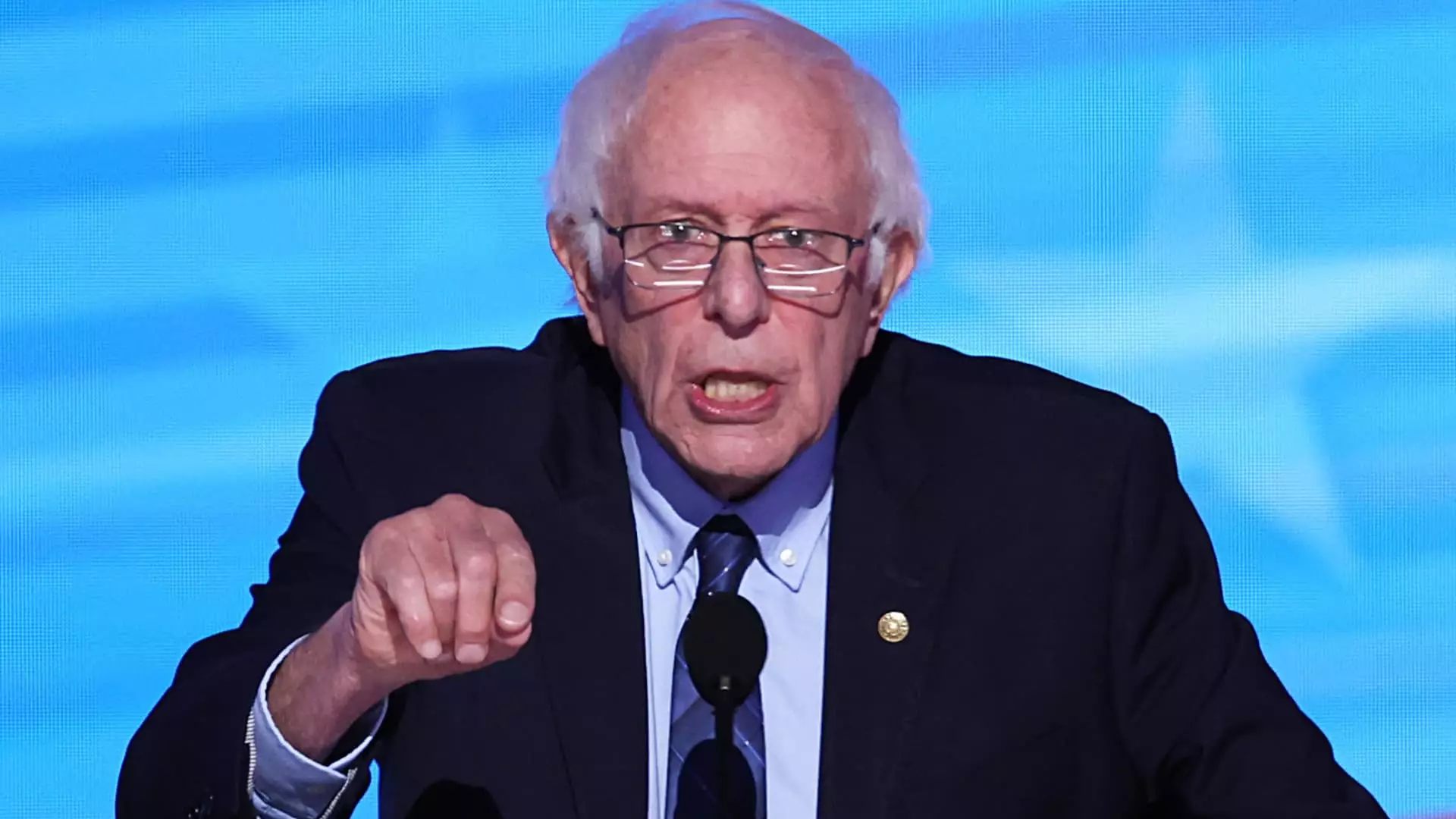Senator Bernie Sanders has openly criticized Vice President Kamala Harris’ proposed 28% tax rate on long-term capital gains, suggesting that it is not sufficient. Sanders believes that Harris is being pragmatic in her approach, aiming to appeal to a broader base of voters. However, Sanders, known for his progressive economic policies, advocates for a higher tax rate to further address income inequality in the country.
Sanders has been a long-time proponent of taxing the wealthy at higher rates in order to fund social programs and reduce inequality. He argues that Harris’ economic platform should prioritize working people and ensure that the wealthy contribute their fair share. This is in line with his past proposals, such as the 54.2% capital gains tax rate he advocated for during his 2016 presidential campaign.
Another point of contention for Sanders is the influence of billionaires in politics. He raises concerns about the close ties that Harris has cultivated with major donors and corporate leaders. Sanders remains wary of the political power that billionaires wield and emphasizes the need for policies that prioritize the needs of the working class over the interests of the wealthy elite.
Apart from the capital gains tax rate, Sanders and Harris also differ on other key economic issues. Sanders has openly criticized Harris’ shift away from supporting Medicare for All, a policy he strongly advocates for. Additionally, he has expressed lukewarm support for Harris’ overall economic proposals, including tax reform. Harris, on the other hand, has been tailoring her policies to appeal to a broader base of voters, including moderates and undecided voters.
As Harris aims to build broad support across the political spectrum, Sanders’ critiques of her economic platform could potentially work in her favor. By distancing herself from Sanders’ more progressive stance, Harris may be able to counter attacks from opponents who label her as a “radical left lunatic.” Despite their policy differences, Sanders has voiced support for Harris’ campaign and her goals of affordable housing and strengthening union protections.
The debate between Bernie Sanders and Kamala Harris over capital gains tax rates highlights the nuanced differences within the Democratic Party on economic policy. While Sanders advocates for more progressive tax policies and prioritizing working people, Harris aims to strike a balance between progressive ideals and broader appeal. The outcome of this debate will not only shape the Democratic Party’s economic platform but also influence the direction of the country’s tax policies and socioeconomic equality.


Leave a Reply